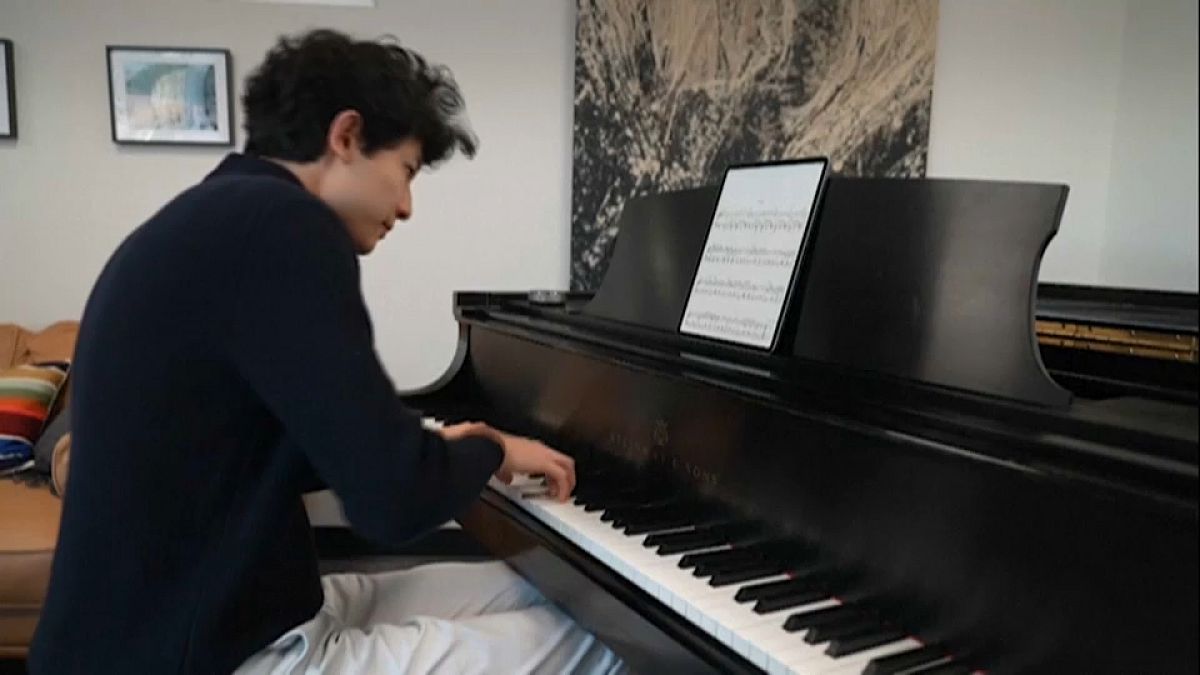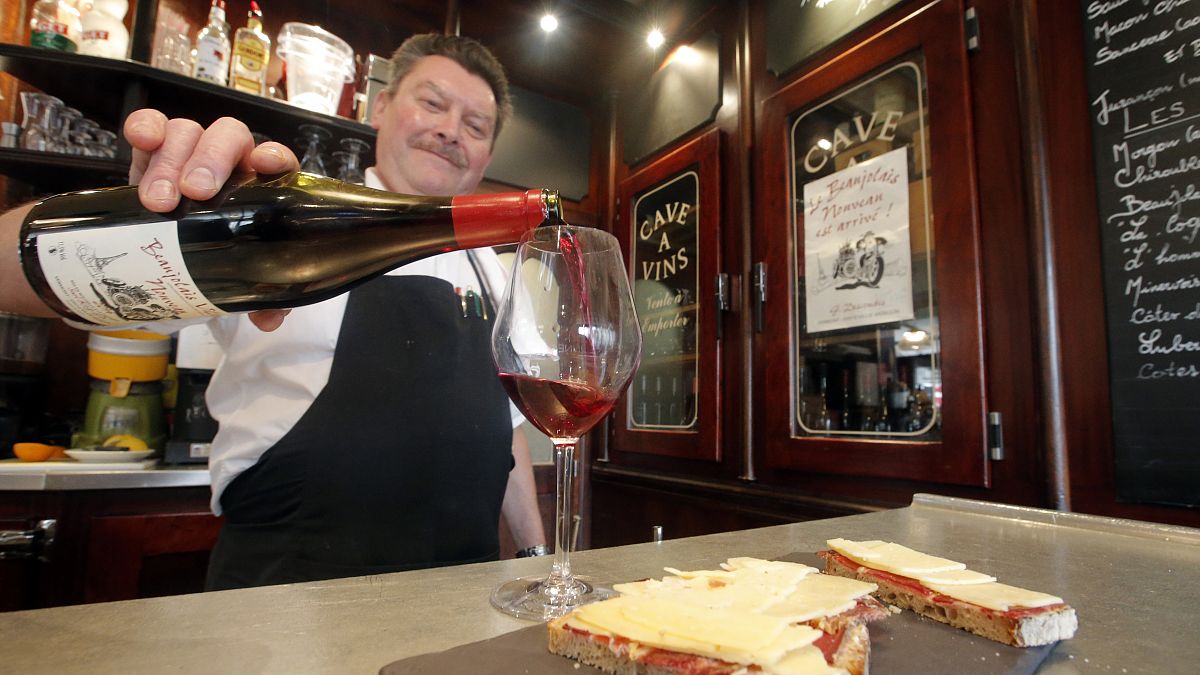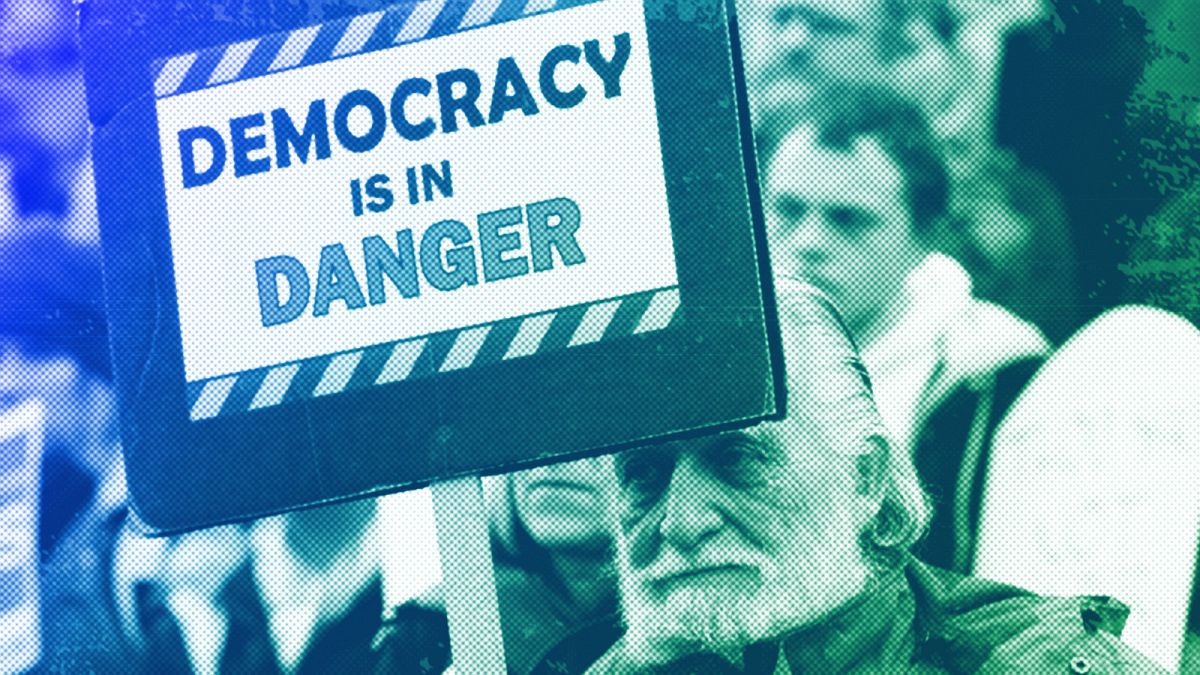Peace talks between Israel and the militant group Hezbollah centre around troops from both forces withdrawing from a UN buffer zone in southern Lebanon.
A US envoy conducting truce talks between Israel and Hezbollah in Lebanon said that an agreement to end the war between the pair was "within our grasp" on Tuesday.
Hezbollah's allies in the Lebanese government reported the militant group responded positively to a proposal that both its fighters and Israel ground forces withdraw from a UN buffer zone in southern Lebanon, according to Amos Hochstein, a representative from the Biden administration.
In such a scenario, the buffer zone would be policed by thousands of additional UN peacekeepers and Lebanese troops.
Hochstein said he and Lebanon's parliament speaker, who is mediating for the group, held "constructive talks".
"It’s ultimately the decisions of the parties to reach a conclusion to this conflict. ... It is now within our grasp” Hochstein said, adding that the Lebanese side was now waiting to hear the outcome of Hochstein's talks with Israeli officials.
Sticking points remain
Despite his positivity, Hochstein admitted that technical details of a potential truce are still unresolved.
Israel is likely to call for more enforcement along the buffer zone which demarcates the two countries, including the ability to conduct military operations against threats from Hezbollah.
The buffer zone, known as the "blue line", was first established by the United Nations in 2000 for the purposes of seeing if Israel had fully withdrawn from Lebanon.
It is patrolled by the peacekeeping soldiers from the United Nations Interim Force in Lebanon (UNIFIL) which was set up to create an area in the south of the country free of armed forces other than those of the Lebanese army.
Lebanon is likely to oppose further military operations along the buffer zone, where members of UNIFIL have reported being hit by rocket attacks after tensions between Israel and Hezbollah have escalated.
On Tuesday, four troops were injured when a rockets hit a UNIFIL base in southern Lebanon in two separate incidents in the village of Ramyah near the border between Israel and Lebanon.
Israeli Defence Forces (IDF) blamed Hezbollah for the incident.
Israel has accused UNIFIL of turning a blind eye to Hezbollah, with Israeli Prime Minister Benjamin Netanyahu demanding the force pull out of "combat areas."
The United Nations has insisted that its peacekeeping forces will remain in the region, as the leaders of Italy, France, the UK and Germany have condemned attacks on peacekeepers as against international law.

 By Euronews | Created at 2024-11-20 07:57:57 | Updated at 2024-11-21 17:25:28
1 day ago
By Euronews | Created at 2024-11-20 07:57:57 | Updated at 2024-11-21 17:25:28
1 day ago








